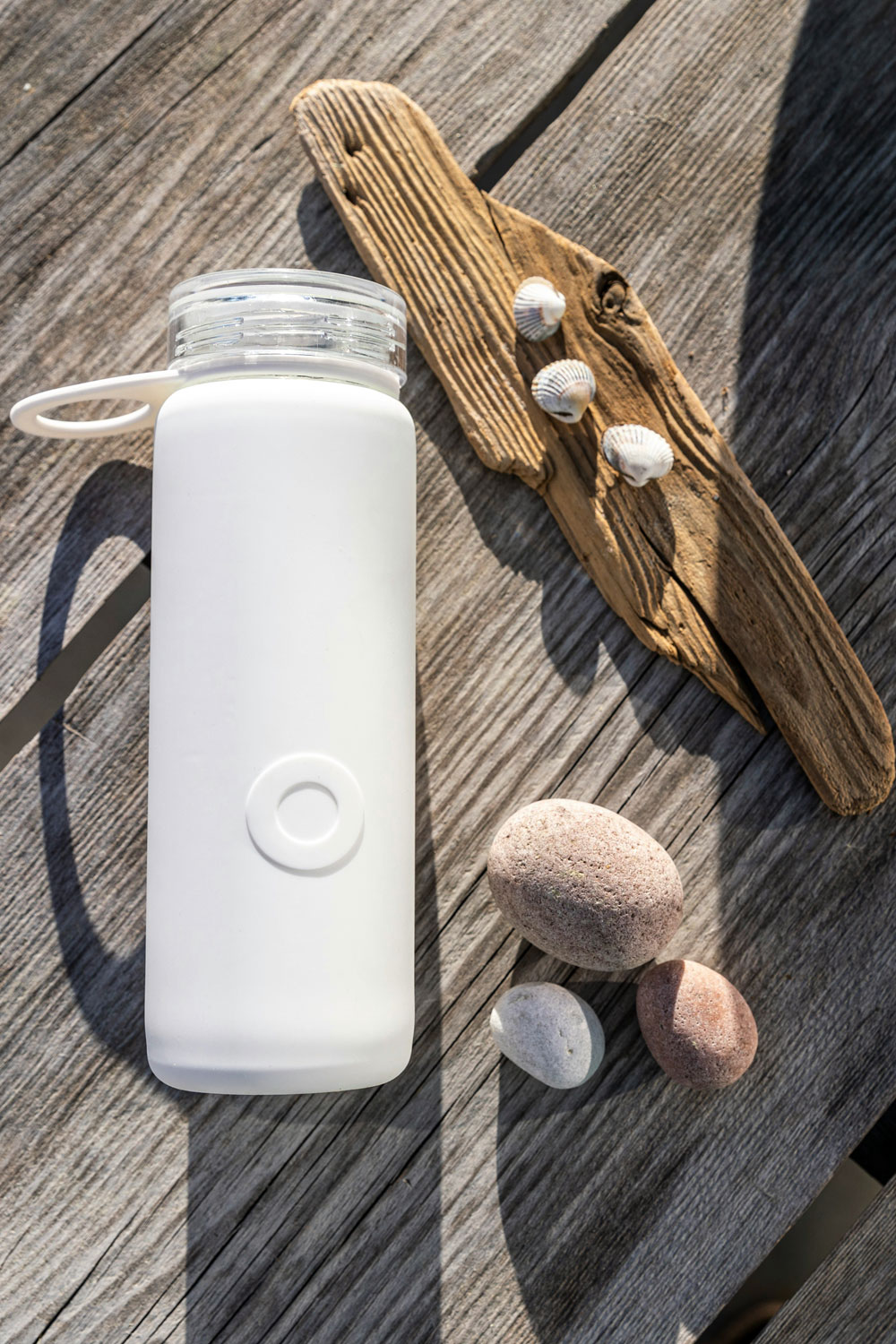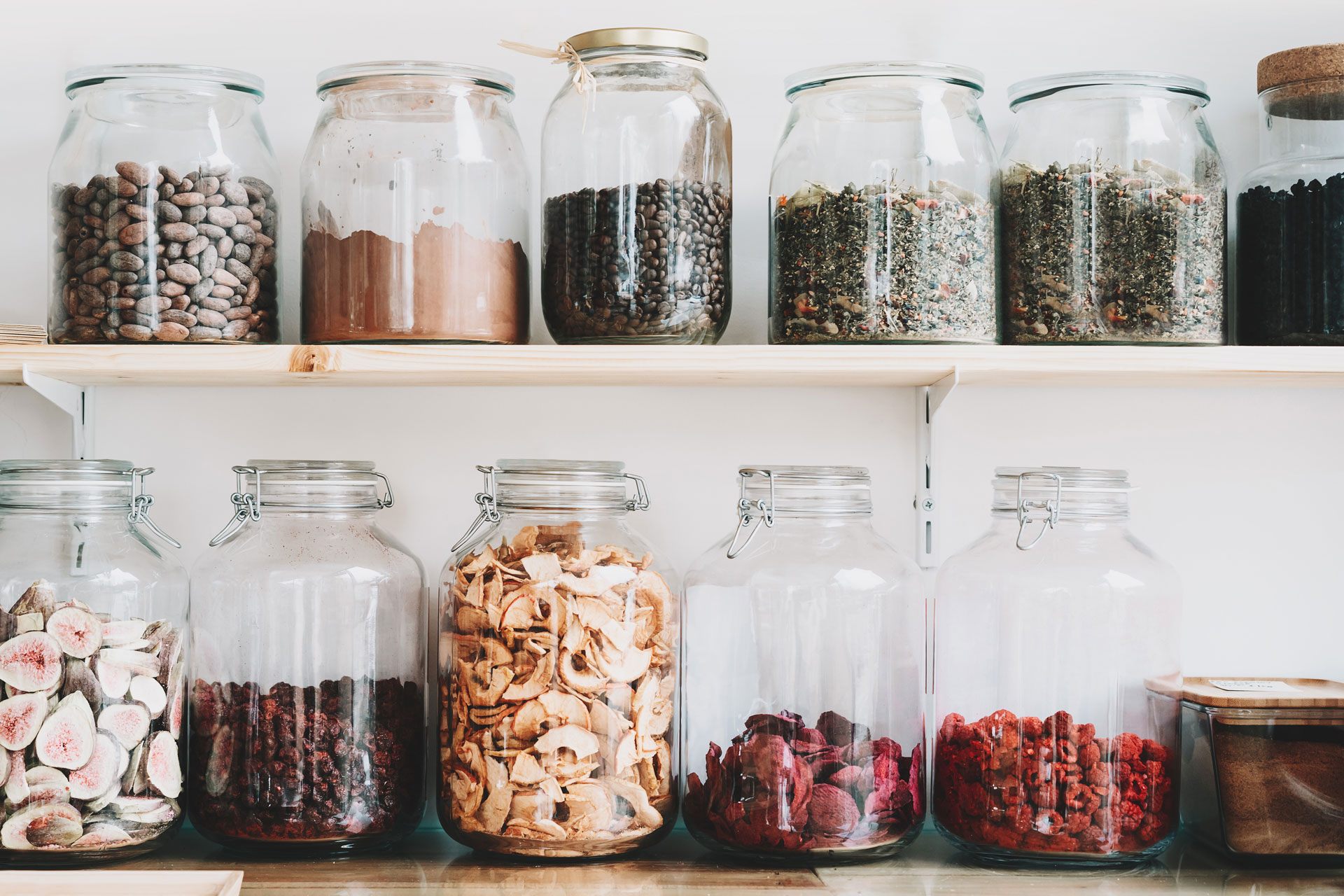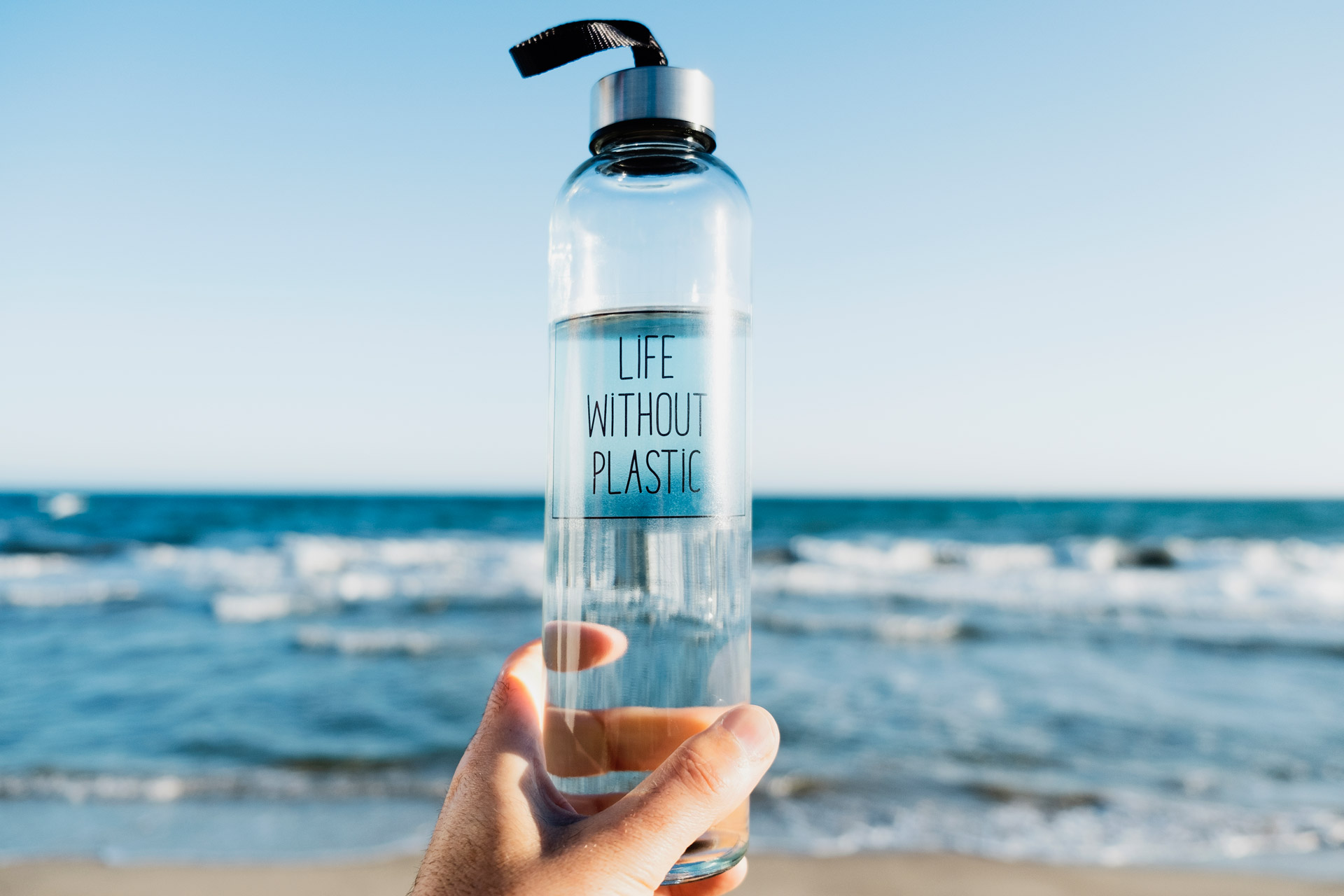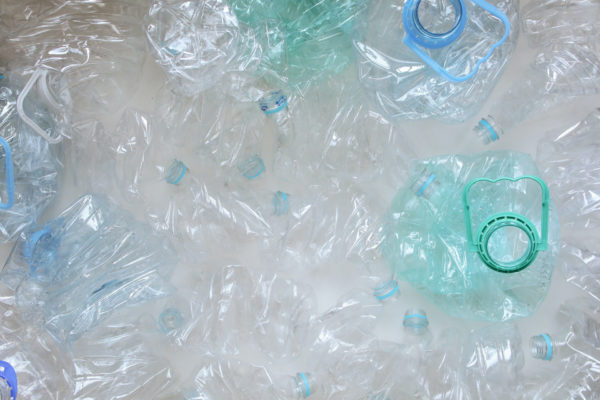
How To Eat Less Plastic
By
3 days ago
Reduce your microplastic intake through your food choices
We all know plastic is damaging the planet: polluting our oceans, harming ecosystems and killing marine life. But it’s also increasingly making its way into our bodies, and while research is still in its infancy, it’s thought the chemicals could be affecting human health. Microplastics – tiny plastic particles measuring less than five millimetres in diameter – are everywhere, and impossible to avoid. According to a study in the journal Environmental Science and Technology, humans consume anywhere from 39,000 to 52,000 microplastic particles each year. They’ve hit the headlines once again following the news that Orlando Bloom has undergone a £10k treatment to remove the particles from his blood at the Clarify Clinic in London. But there are less invasive ways to cut down your plastic intake: simply by making small changes to your diet.
6 Ways To Cut Down Your Plastic Intake
Opt for whole foods without packaging
Whole foods like fruits, vegetables, legumes, fresh fish, poultry, nuts and seeds are not only better for our health, they also tend to contain less microplastics than processed foods, which often come in plastic packaging. Choose loose fruit and vegetables where possible, and shop at zero-waste stores where you can bring your own containers – plus avoid plastic coffee cups, stirrers and sauce packets.

Getty Images
Check your labels
It’s difficult to completely cut plastic out of our lives, but always check the labels. Products with recycling codes 3, 6 and 7 are particularly harmful, known for containing phthalates, styrene, and bisphenols respectively.
Switch plastic bottles for reusable
If you’re still on the plastic bottle hype, it’s time to switch to reusable. It’s estimated that bottled water drinkers ingest more than 90,000 extra microplastic particles per year, in comparison to those who refill water bottles or glasses with tap water. And according to a 2018 study, bottled water can have around double the microplastic level than tap water.
Don’t microwave in plastic
Reheating leftovers from your Saturday night curry? Don’t heat them up in plastic containers, as heated plastic starts to break down, which could lead to chemicals and microplastics transferring into your dinner. Instead, put the dish in a glass or ceramic dish, or reheat in a pan on the stove.

Getty Images
Avoid plastic kitchen utensils
Give your kitchen cupboards a revamp. Swap plastic chopping boards and utensils for ones made with stainless steel, glass, ceramic or wood.
Clean your air
Plastic can also get into food through the dust in our homes, found on carpets, curtains, mattresses and furniture. You can reduce this by regular dusting, sweeping and vacuuming (with a HEPA filter if you can), plus opening windows, and opting for natural fabrics where possible.






